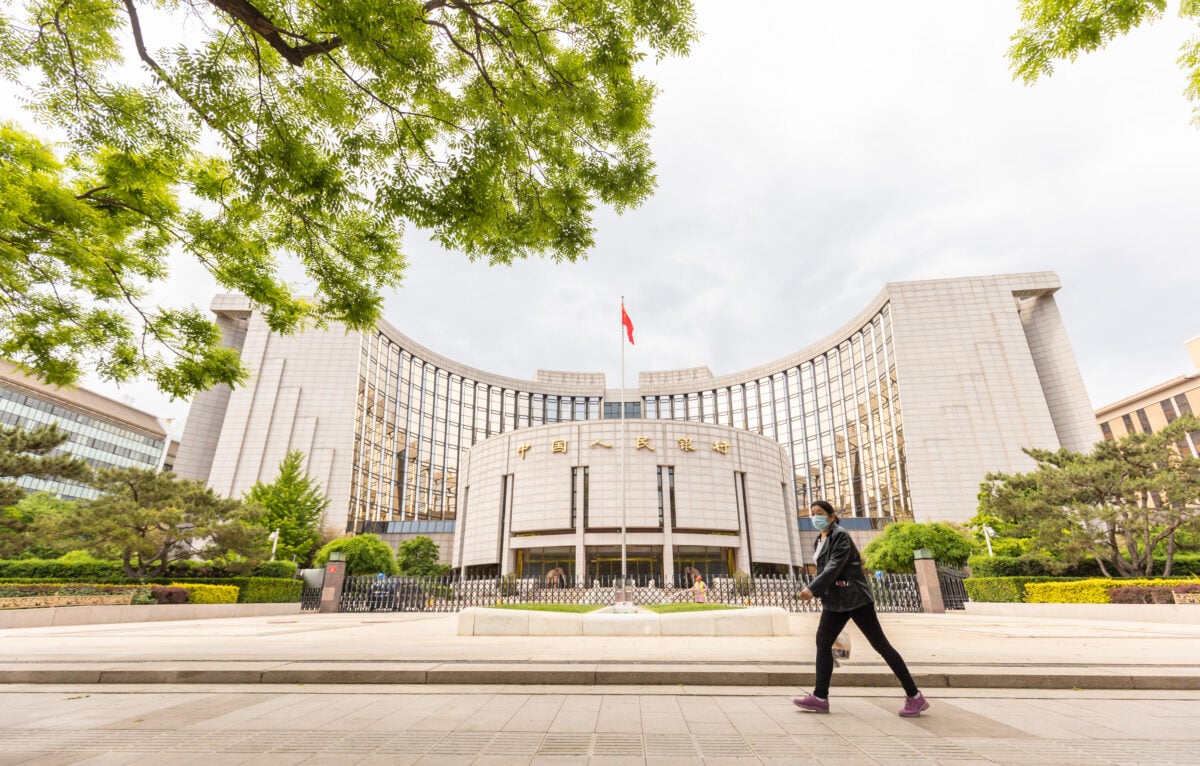TLDRs:
- China’s cyberspace regulator warns ByteDance and Alibaba over trending content moderation failures.
- CAC identifies unhealthy and sensitive topics on Toutiao and UCWeb trending lists.
- Both companies pledge to form dedicated teams to improve content monitoring quickly.
- The crackdown is part of a broader campaign targeting harmful online trends.
China’s regulatory body, the Cyberspace Administration of China (CAC), has issued stern warnings to two of the country’s largest tech companies, ByteDance and Alibaba, over failures in content moderation on their platforms.
The regulator flagged ByteDance’s news aggregator Jinri Toutiao for promoting “unhealthy content” in trending searches, while Alibaba’s UCWeb platform was cited for spreading “sensitive and malicious topics,” including discussions around cyberbullying and children’s privacy.
Representatives from both companies were summoned to official meetings, with CAC mandating immediate corrective actions and staff disciplinary measures to ensure compliance. The agency has given strict deadlines for both organizations to demonstrate improvement, signaling China’s increasing intolerance for unchecked online content.
Platforms Respond to Regulatory Pressure
In response to the warnings, ByteDance and Alibaba stated that they are cooperating fully with CAC directives. Both companies plan to create specialized teams dedicated to content review and moderation, aiming to strengthen internal controls and prevent similar violations in the future.
The announcements underscore the growing responsibility of Chinese tech platforms to actively manage trending content.
“We are committed to implementing all required measures and ensuring our platforms operate responsibly,” a ByteDance spokesperson said.
Alibaba also emphasized that improving content governance is now a priority.
Part of a Broader Crackdown
The warnings to ByteDance and Alibaba are not isolated events. Earlier this week, CAC also targeted Weibo and Kuaishou for allowing the frequent appearance of problematic entries on trending lists, particularly those focusing on celebrity gossip and trivial personal updates. Companies were required to set up task forces to tackle these concerns and face compliance deadlines similar to those issued to ByteDance and Alibaba.
This sequence of actions is part of a larger two-month investigation by the Chinese regulator into content that could fuel negative emotions or promote socially harmful narratives. Platforms across China, including RedNote, have been under review, reflecting a broader effort to impose stricter oversight over online information flows.
AI and Content Transparency in Focus
The scrutiny of content moderation also aligns with China’s wider push for transparency in digital platforms, including AI-generated material.
Earlier this month, AI company DeepSeek introduced labeling requirements to mark all AI-generated content visibly, ensuring users know what content is artificially produced. Hidden metadata and tamper-proof safeguards are required to comply with new government mandates, showing that the country is taking a systematic approach to both AI content and general online moderation.
Experts suggest that China’s dual strategy of content oversight and AI transparency reflects a deliberate effort to balance technological leadership with social stability. Platforms like ByteDance and Alibaba are now navigating an increasingly regulated landscape where content policies, AI operations, and legal compliance intersect more tightly than ever before.







